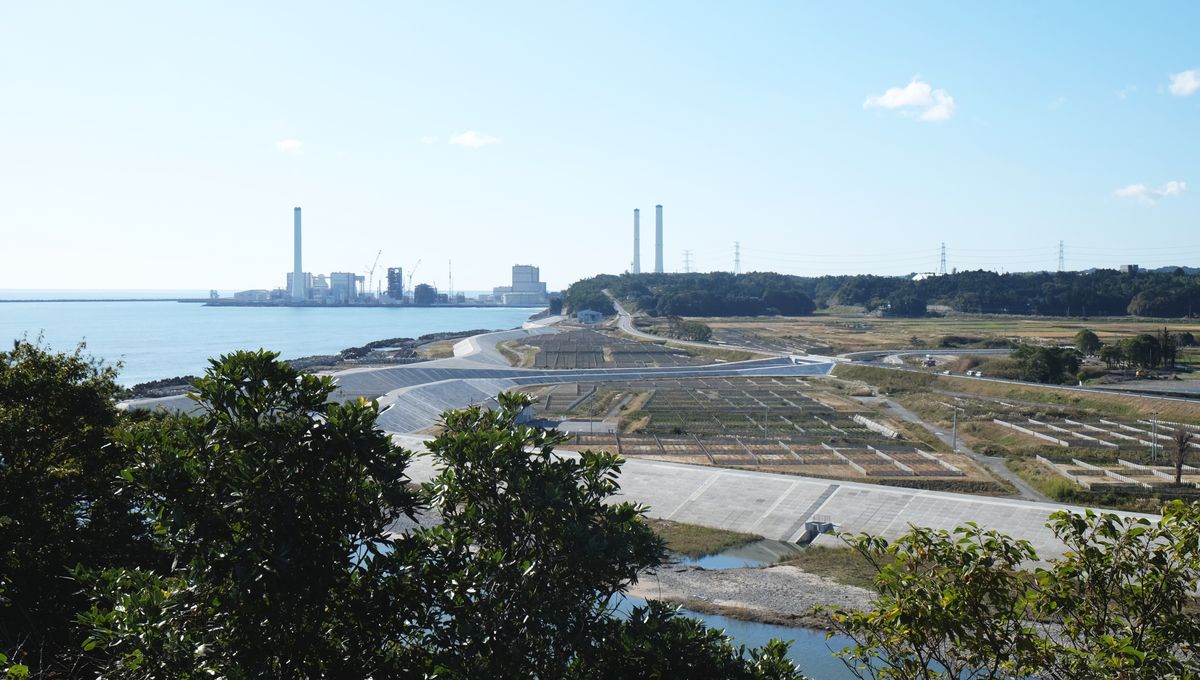
The Japanese government has recently announced controversial plans to release over a million tons of water from the remains of the Fukushima Daiichi nuclear power plant. While the move has raised concerns and anger from local fishing communities and neighboring countries, how safe is this decision?
On 11 March, it will have been 12 years since a magnitude 9.0 earthquake struck the east coast of Honshu, Japan’s main island. The earthquake generated a 15-meter (50-foot) tsunami that killed over 18,000 people along Japan’s north-east coast and struck the Fukushima Daiichi nuclear power plant, disabling its power supply and cooling systems. This led to a meltdown in three of its reactors, which sent significant amounts of radiation into the atmosphere. The accident has since been rated level 7 on the International Nuclear and Radiological Events Scale and is recognized as the worst nuclear disaster since Chernobyl in 1986.
Following the reactors’ meltdown, recovery efforts focused on cooling the reactors – a process that is still ongoing – and preventing contaminated water containing radioactive materials from being released. There are now about 1.3 million tons of wastewater being stored at the sight in over 1,000 tanks installed by Tokyo Electric Power (TEPCO), the plant operator. Most of this water was used to cool the damaged reactors, while contaminated groundwater and rainwater has also collected in the basements of the reactor buildings.
Exposure to the reactor has resulted in the water becoming contaminated with fission products from the melted fuel and surrounding debris. As the number of tanks continues to build up, storage space is reaching capacity, which will slow down the plant’s ongoing decommissioning process.
But this stored water has not been left untreated; it is being cleaned through a filtration process called Advanced Liquid Processing System (ALPS), which removes most of the worst radioactive contaminants. This is achieved through a series of chemical reactions that remove 62 radionuclides from the water and can be repeated until contamination concentrations are well below regulation levels. However, this process is not able to remove tritium from the treated water.
Tritium is a naturally occurring radioactive form of hydrogen that is created in the atmosphere when cosmic rays collide with air molecules. It has a half-life of 12.3 years, which means that after 12.3 years, only half of the tritium in any given amount will remain due to radioactive decay. Unfortunately, there are no existing technologies that can remove low levels of tritium that are present in the large volumes of water stored at Fukushima.
So how bad is this news? Well, according to the Japanese government, the International Atomic Energy Agency (IAEA), and a large number of independent scientists, the planned release of the water at Fukushima is reasonable and safe.
The most significant point here is that tritium is already present in our atmosphere (in rain and tap water) and in the Pacific Ocean, and in quantities far higher than the small amount at Fukushima.
Moreover, the treated water will not be released all at once but will be gradually released in small quantities each year in a process that could take 20-30 years to complete. By the time it is released, the water will have been diluted by seawater to such an extent that there will be less than 1,500 becquerels per liter, which is 1/40th of the government’s standard for discharging water into the environment. This is actually lower than the levels of many nuclear facilities in operation across the world.
Source Link: Fukushima To Release 1.3 Million Tons Of Treated Water, Deemed Safe By Experts